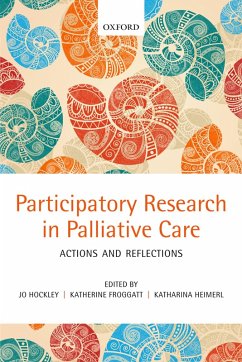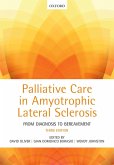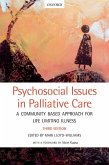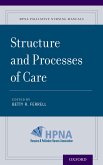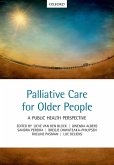Participatory research is a relatively new method of researching practice especially within palliative care. It differs from other methodologies in that there is an expectation of action within the research process. The values that underpin participatory research are collaboration, empowerment, and reflection. In the current climate of collaboration and working with people in healthcare, participatory research methods are gaining increasing interest when there is a desire to bring about change. Organisational change is becoming an important focus as we look at ways of not only reducing costs but at the same time improving quality of care. While palliative care puts the patient and family at the centre, Participatory Research in Palliative Care discusses a new research methodology that puts practitioners at the heart of the research process as collaborators who work together with researchers to resolve problems in practice. Divided into three sections, it provides theoretical groundings of action research, a greater focus on exemplars from studies within palliative care, and discusses prominent issues when using such a methodology. All three sections are illustrated by an action research study undertaken by the author within a palliative care setting. Participatory Research in Palliative Care is written by international, multi-disciplinary authors who explore a collaborative approach to embark on research. It will appeal to health and social care professionals, academics undertaking research within palliative care, and the management of organisations where people with end of life care needs are cared for, including long-term care homes.
Dieser Download kann aus rechtlichen Gründen nur mit Rechnungsadresse in A, B, BG, CY, CZ, D, DK, EW, E, FIN, F, GR, HR, H, IRL, I, LT, L, LR, M, NL, PL, P, R, S, SLO, SK ausgeliefert werden.

